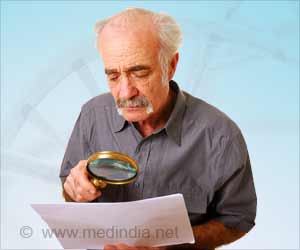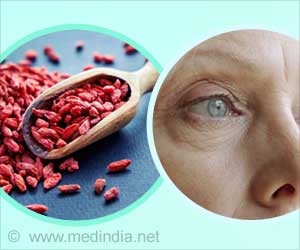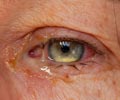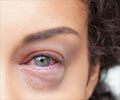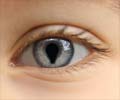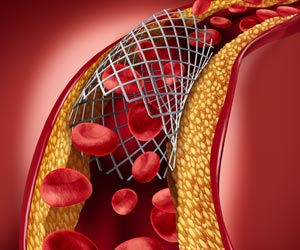The new application of human-machine collaboration in a video gaming environment is making a difference to the critical health challenge of age-related vision loss.
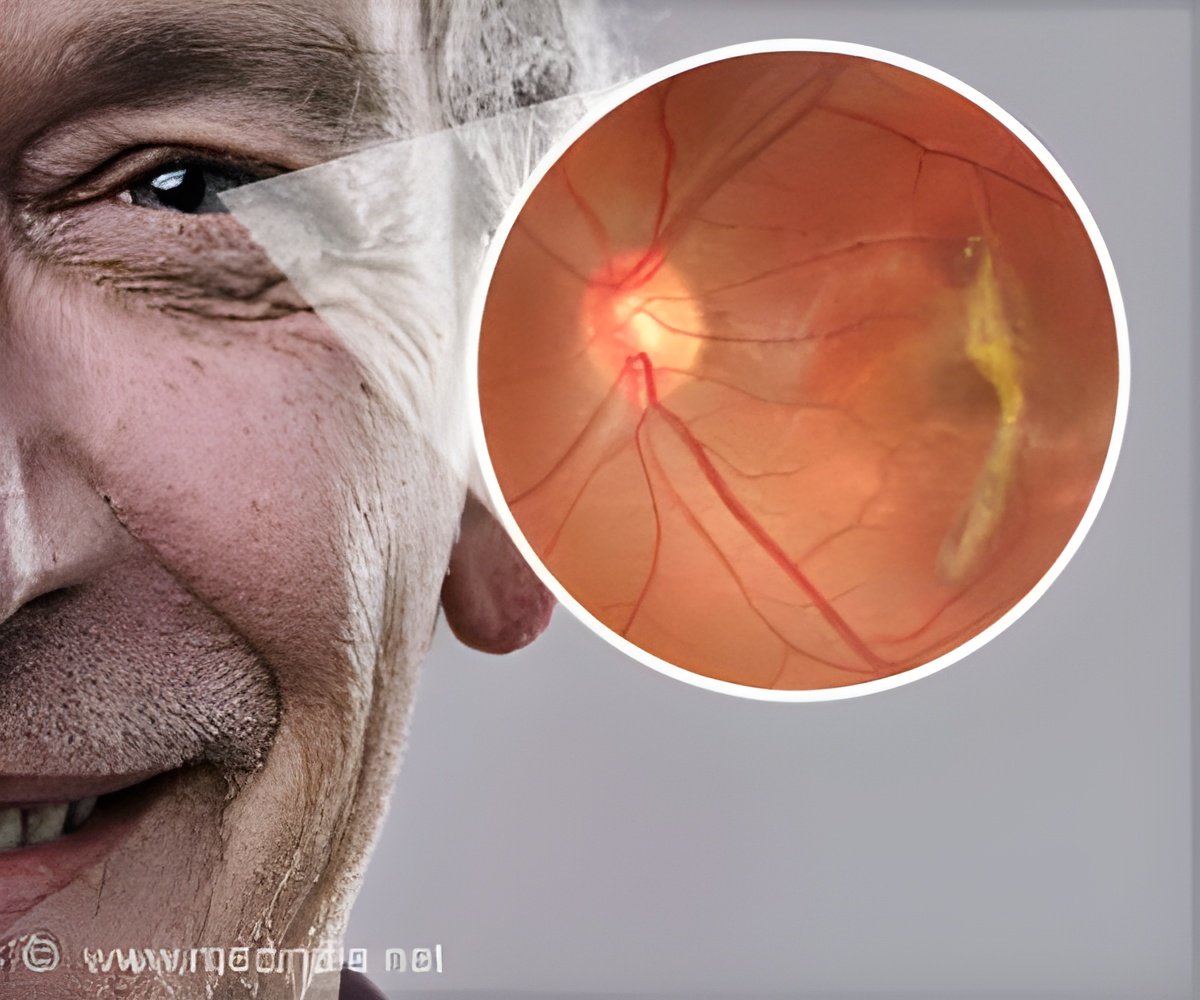
‘Injecting the machine learning process into medical imaging can identify eye diseases more accurately.’





To assist RETINA, BALANCED created and crowd-sourced an original video game, Eye in the Sky: Defender.The game uses optical coherence tomography (OCT) retinal images embedded in the game’s environment to create human-computational image segmentation.As players predict the path of the alien force in the game, they unknowingly learn to trace lines used to perform diagnostic measurements of OCT retinal scans and create new datasets.
When integrated with BALANCED’s HEWMEN® artificial intelligence (AI) platform, these new datasets were used by experts at RETINA and researchers at SMU to provide the information needed to train a machine learning (ML) algorithm to analyze OCT images more accurately and precisely.
"Human and machine collaboration is the next step in machine learning and AI,” said Corey Clark, deputy director of research and assistant professor of computer science and engineering for SMU Guildhall, an assistant professor of Computer Science at SMU Lyle School of Engineering and CTO at BALANCED.
By leveraging this sophisticated level of human-in-the-loop (HITL) computational model, as well as human computational gaming (HCG), it’s now possible to use AI to quickly analyze millions of individual datasets (retinal images) to detect patterns and pathologies that would have been impossible or impractical given the scope.
Advertisement
With this technology we are seeing substantial improvements to image analysis, decreasing our time and cost, and seeing a significant increase in the number of images processed and associated accuracy and precision of image processing.
Advertisement


